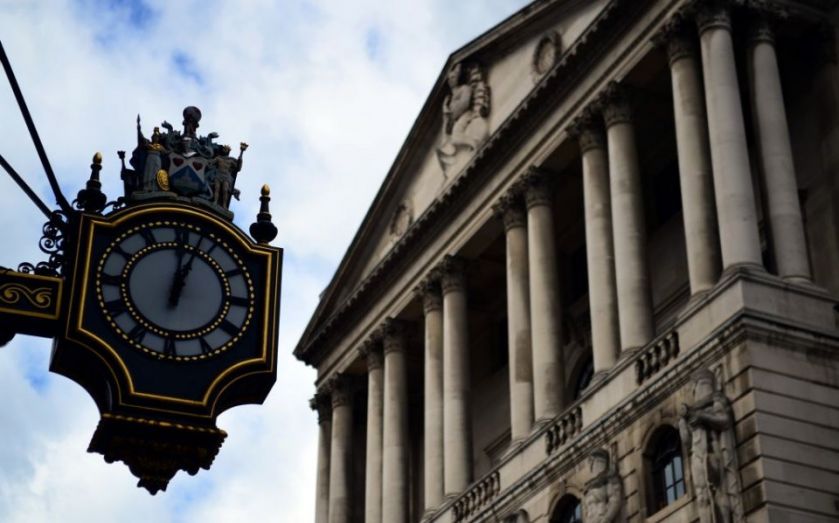With consumer price index inflation inching up to 0.1 per cent, could the period of persistently low inflation be about to end?

Kallum Pickering, senior UK economist at Berenberg, says Yes
Falling oil prices and sterling appreciation have exerted strong but temporary effects on headline inflation, bringing it to zero for most of 2015. But even if there is more disinflationary pressure to come from oil in the near term, prices cannot fall forever.
Eventually, the oil price will either stabilise or gradually increase. And sterling, which has been rising since 2013, is likely to ease as well. In 2016, the Bank of England, which is finally getting serious about rate rises, might push sterling up a bit. But against the Eurozone – our largest trading partner – further gains in sterling will be limited.
This is because the Eurozone recovery will begin to matter more than ECB policy for the value of the euro. Heading into next year, the weakening of these transitory effects will reveal a much stronger underlying rate of inflation, driven by strong domestic demand.
This trend will be more prevalent as the year goes on, and inflation should end the year just a little below the 2 per cent target rate.
Maike Currie, associate investment director for personal investing at Fidelity International, says No
November’s move into positive territory is likely to be short-lived. The oil price keeps heading south as the world’s oil-producing nations battle it out for market share.
This will keep a lid on fuel prices, and the ongoing discount wars between UK supermarkets will keep food costs low.
In 2016, I expect the UK Consumer Price Index to see-saw around the zero mark, with frequent dips into deflationary territory. Deflation is a double-edged sword, but the positive side effects, as manifested in fuel and food prices, are that it provides a boost to real incomes.
In both the US and UK, falling prices, coupled with a strengthening labour market, resulting in job and wage growth, raises real incomes. Persistently weak UK inflation means there is little incentive for the Bank of England to raise interest rates any time soon.
In a low interest-rate environment, investors could continue to view equity income as a safe haven and a rare source of yield.